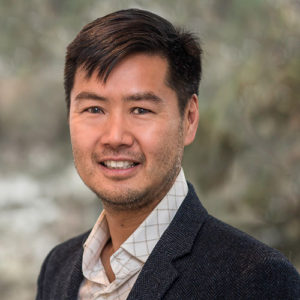There is no separation, really, between us and our environment. There is no separation between the quality of the air we breathe and the oxygen that flows through our lungs and into every cell of our body. There is no separation between the health of our water supply in our oceans and rivers, and the health of our blood and fluids that course through our arteries and veins. There is no separation between the food we eat and health of the soil, plants and animals that we share this planet with. David Suzuki talks about this “Sacred Balance”. We cannot talk about human health separate from the health of the planet.
We are living in an increasingly toxic environment. Chemicals are everywhere: In our homes, our workplaces, in the products we put on our body and the food-like substances that we ingest. It is estimated that there have been over 80,000 new chemicals introduced into the environment since World War II. There is a growing body of scientific evidence that links the exposure and accumulation of toxins with human disease. Many common conditions have been associated with toxicity: obesity, diabetes, thyroid disorders, asthma, chronic fatigue, autoimmune conditions and cancer to name a few. In fact, allergies, autoimmune conditions and cancer continue to become more prevalent despite improvements in living conditions and medical advances. Our genome (our DNA) has not had time to adapt to these new chemicals and as a result, damage occurs and disease manifests.
Low-dose exposure is not necessarily safe exposure. We really don’t know the long-term effects of most of the chemicals or drugs that we have produced. No evidence for harmful effects is not the same as “evidence of NO harm”. The only rational approach to this is to follow the precautionary principle which states that we have the duty to prevent harm when it is within our power (and institutions’ power) to do so – even when all of the evidence is not in.
Furthermore, we are learning that one’s ability to detoxify (break down chemicals and render them harmless and eliminate them safely in our body), can be quite variable due to the individual’s genetic and biochemical uniqueness. What might be a ‘safe’ exposure for 90% of the population, could cause significant disease in an individual who has impaired ability to detoxify certain compounds. Appreciating individual susceptibility and reducing exposure is the best advice.
One’s ability to detoxify substances to which he or she is exposed, to critical to overall health and prevention of disease. How well our body detoxifies itself can be modified by our lifestyle.
The elements of a detoxification lifestyle are:
- Avoid exposure to all known sources of toxicity as much as possible.
- Optimize your nutrition by consuming a diet that is high in phytochemicals (beneficial compounds found in fruits and vegetables). Onions and garlic, cruciferous vegetables, citrus, green tea, etc., all act in a complex, beneficial manner to improve our detoxification systems.
- Regular moderate-intensity exercise most days of the week helps increase antioxidant enzymes in your body, improves lymph drainage and increases elimination through sweating.
- Restorative sleep, rest, relaxation and rejuvenating play are essential elements as well.
- Finally, true detoxification includes eliminating toxic influences of all kinds that do not serve us – not just the chemical ones. This includes toxic self-limiting beliefs about our selves, maladaptive patterns of behaviours, toxic relationships, etc.
We have an incredible ability to withstand stresses from all kinds of toxins from environmental to emotional. This is the wisdom and intelligence of the body manifest, but we need to give our bodies the best chance to do this by living a lifestyle that helps our body, mind and spirit be strong. How we live each and every day makes all the difference.
Share this Post

